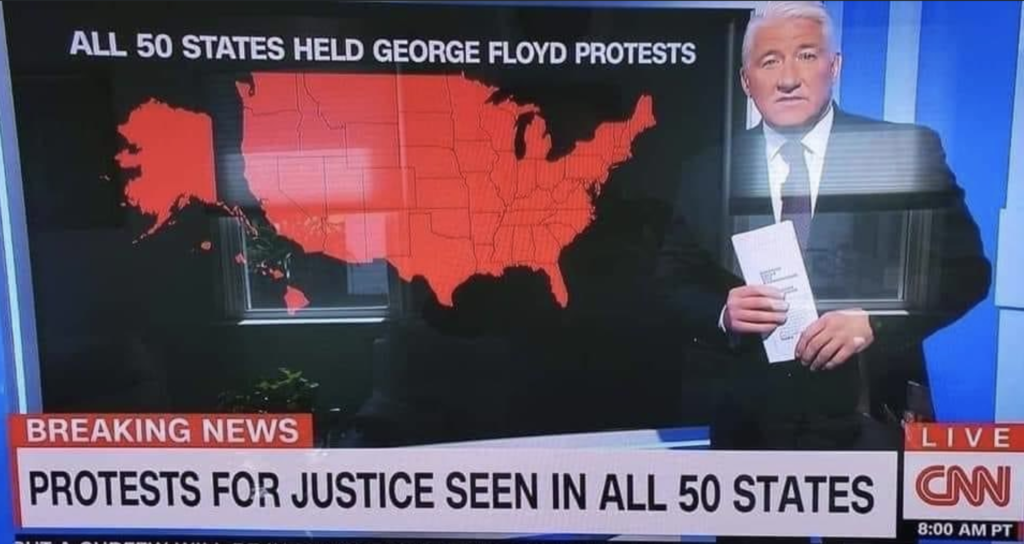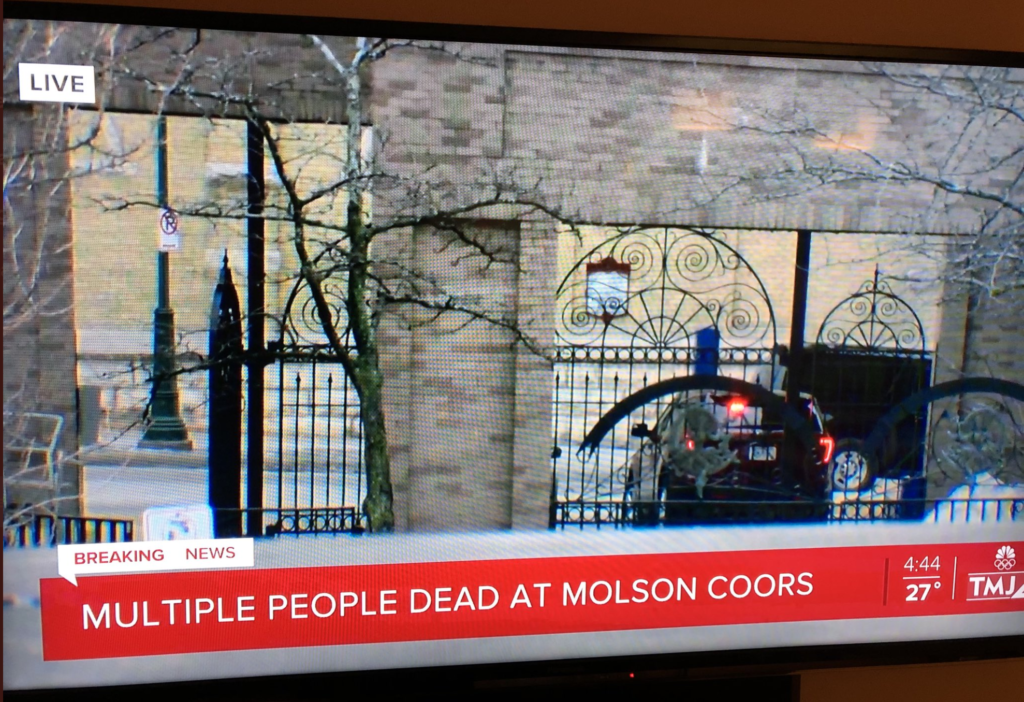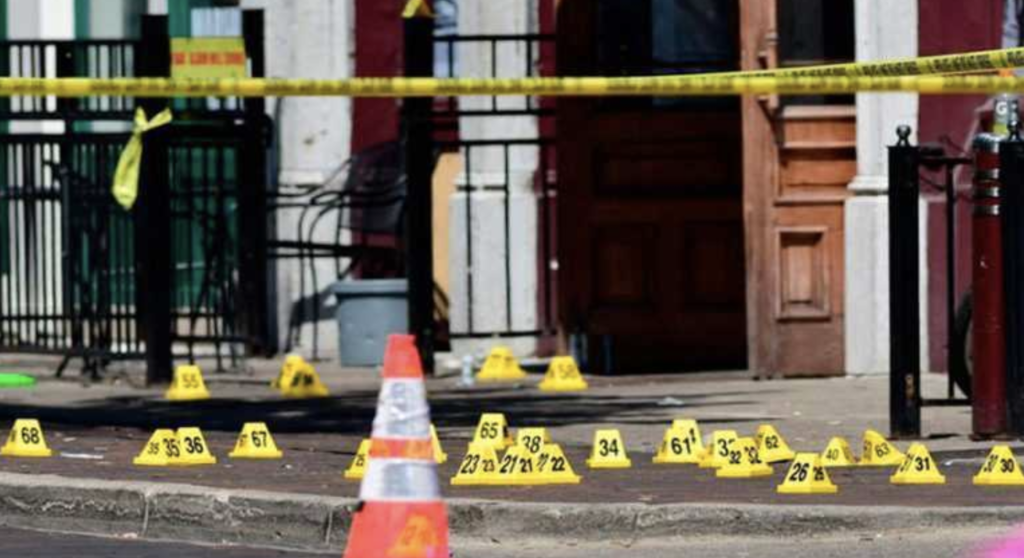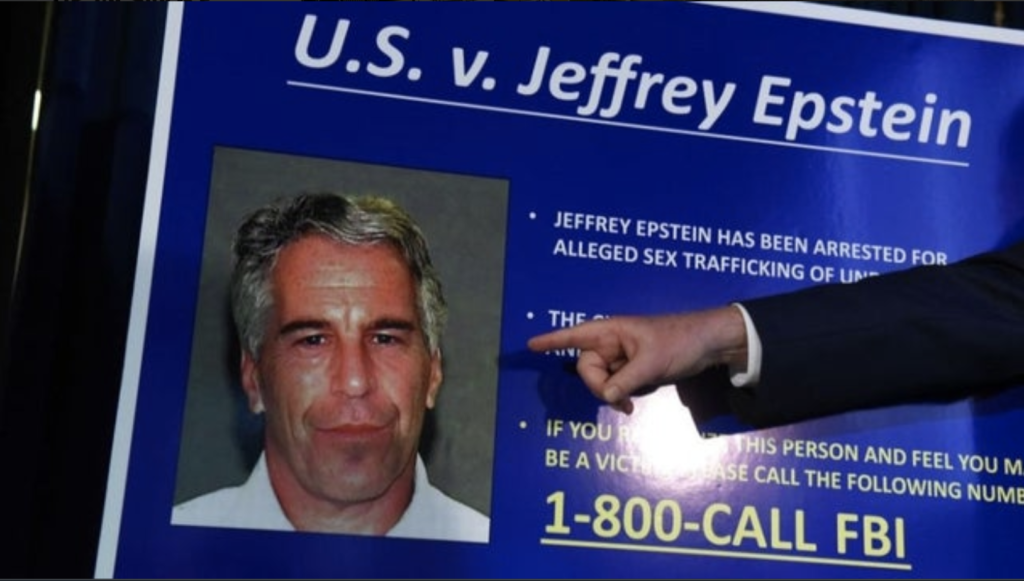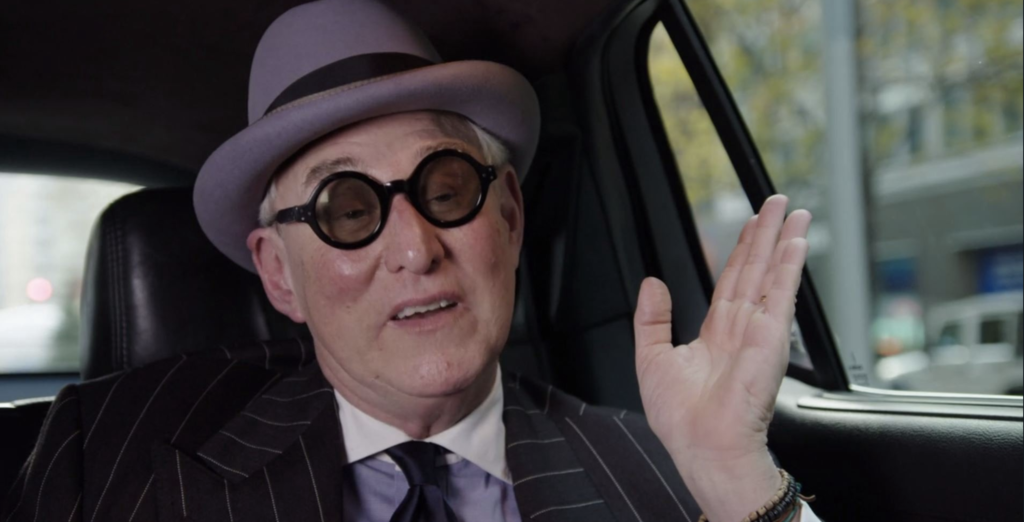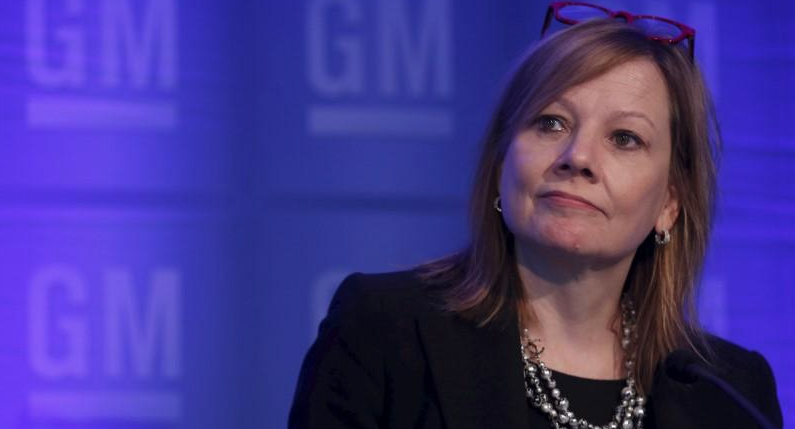GM Will Pay $900M in Defect Linked to 169 Deaths
18 Sep, 2015
General Motors agreed to pay $900 million to fend off criminal prosecution over the deadly ignition-switch scandal, striking a deal that brought criticism down on the Justice Department for not bringing charges against individual employees.
The switches, which can slip out of the “run” position and cut off the engine, have been linked to at least 169 deaths.
Despite evidence that GM’s legal and engineering staffs concealed the problem for nearly a decade, no employees were charged Thursday, though U.S. Attorney Preet Bharara said the investigation is still going on.
Also Thursday, GM announced it will spend $575 million to settle the majority of the civil lawsuits filed over the scandal.
Under the deal with prosecutors, an independent monitor will be appointed to oversee GM’s handling of safety problems. Two charges drawn up against GM – wire fraud and scheming to conceal information from government regulators – will be dropped after three years if the automaker cooperates fully.
GM agreed to a statement of facts that describes in scathing terms its deceptive and dismissive approach to the defect.
“They let the public down,” Bharara said. “They didn’t tell the truth in the best way that they should have – to the regulators, to the public – about this serious safety issue that risked life and limb.”
The twin agreements bring to more than $5.3 billion the amount GM has spent on a problem authorities say could have been handled for less than a dollar per car. Those expenses include fines, compensation for victims and the recall of millions of vehicles.
On Thursday, GM chief executive Mary Barra appeared before several hundred employees in suburban Detroit and again apologized to the crash victims. When asked whether employees should have been charged, she deferred to Bharara’s office.
But she added: “We understand that lives were impacted. That is something that we understand and we take forward and will have with us every day.”
Bharara said he understands victims’ families might be disappointed that no individuals were arrested. But he said there is no law with specific criminal penalties for failing to disclose auto safety problems.
Without such a statute, prosecutors had to rely on broader laws covering false statements and wire fraud, he said.
“We apply the laws as we find them, not the way we wish they might be,” he said. He added that GM was given credit for cooperating with the investigation, including sharing the results of its in-house probe.
The Justice Department has been long been criticized for often going after companies instead of individuals in cases of wrongdoing in the business world.
In this case, court papers showed that GM engineers knew of the problem in 2004 and 2005 when other employees, the media and customers complained. But the engineers left it alone, rejecting a cheap and simple fix, court papers said.
AP
Image Reuters Biz twitter
Mentioned In This Post:



